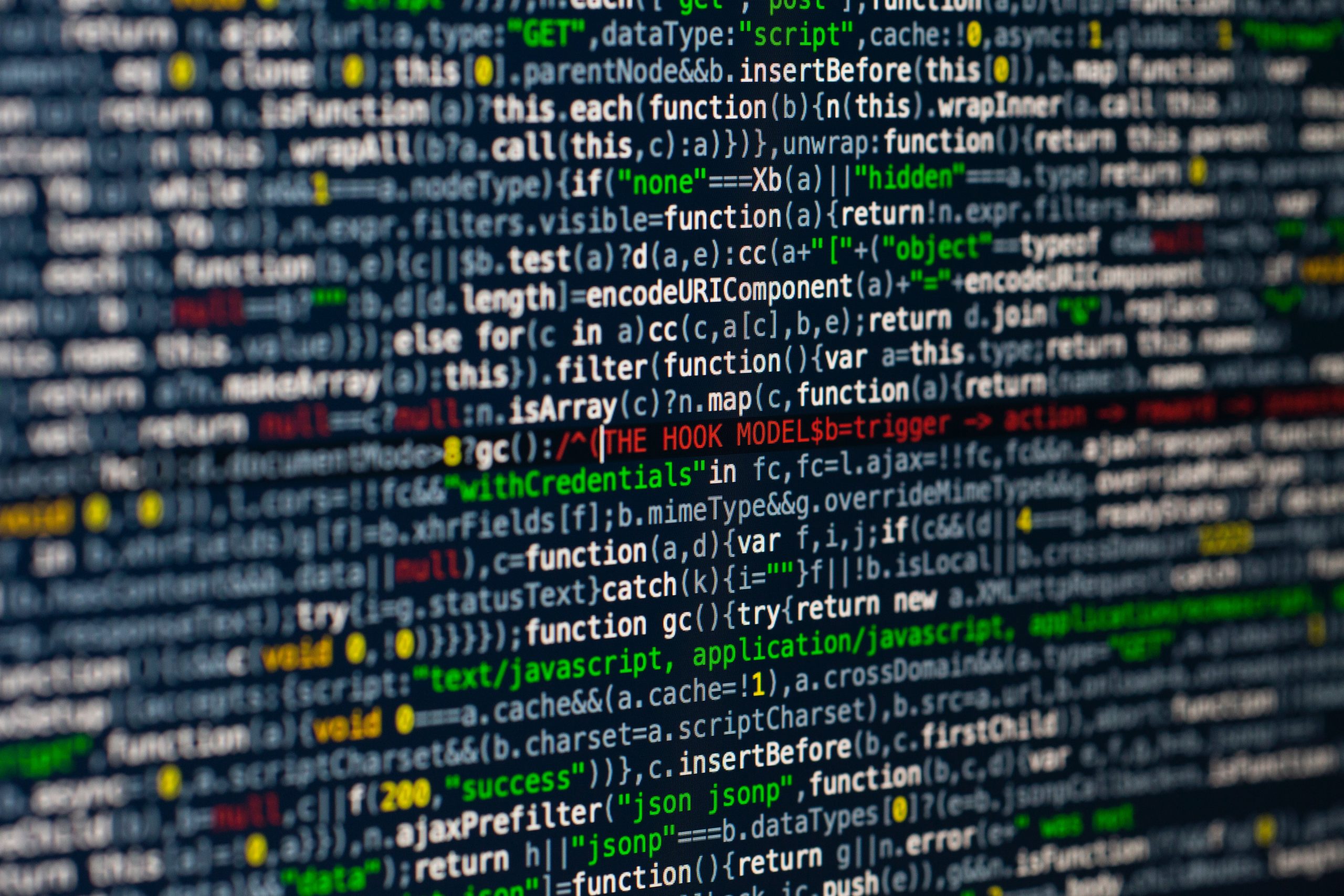
The potential of Open Data to improve society: obstacles and solutions
Open Data, or open data in Spanish, is data that anyone can access, use and share. Governments, companies and individuals can use open data to generate social, economic and environmental benefits. The essential criteria of Open Data are availability, reuse and distribution, and universal participation. Open data makes public action more transparent, understandable and accessible: projects, decisions, grants, public accounts, etc., can now be consulted by anyone.
By systematizing the exchange and sharing of data between departments and between local authorities, open data reduces the time needed to access and process information, increases the efficiency of processes and, ultimately, improves public service.
- They are a reliable source of information for citizens, researchers and journalists. The policy of openness means that local authorities have to ensure that the data they put online is reliable. This has resulted in an overall improvement in the quality of data and databases, which provide better analytical tools and deeper knowledge of local areas. Other beneficial effects include a higher level of trust in public officials and greater involvement by citizens.
- They improve transparency in public management and trade. They provide access to information on a variety of relevant data. Transparency can improve trust in organizations and companies and allow people to make informed decisions.
- enlify the creation of new services and economic activities. Putting the data of a local authority online improves its image and helps to make it more attractive. In addition, the reuse of public data by companies contributes to the development of new products and services for local agents. Ultimately, the openness of public data facilitates the emergence of innovative projects that often have an impact on improving the daily lives and quality of life of local residents.
- Using open data reduces public and commercial management costs by allowing data to be shared and reused.
- Access to information drives economic development by giving people access to data they couldn’t access before. They help to close the digital divide and improve social equity.
Although Open Data has a great capacity to improve society, there are still some obstacles that hinder its implementation and practical use.
- The establishment of Open Data requires financial and technological investments, and many organizations may not have sufficient resources to implement it.
- Only 18% of the published data is clearly related to an open license, which allows the use of data without restrictions beyond attribution to the original source. That is, in most of the available data, licenses are limited or completely unknown, preventing their reuse.
- For ease of download and use, only 32% of the digitized data sets analyzed have been fully published. Nowadays, most of the data is divided and dispersed between several sections of the website or even between several websites, making it very difficult to locate.
- Much of the data is published in formats that can be easily read by machines and reused. Interoperability is hampered because too few standardized formats are used. In addition, proprietary formats are still in the majority, limiting access to users without the necessary software.
- Up to 26% of the available data are not updated with the appropriate frequency according to their nature. The update frequency to follow in most cases is also not specified. Data that is not up to date loses much interest for re-users.
- A fee is still required to get full access to 10% of the published data. Not only does this significantly reduce the number of people who benefit from using that data, it also contributes to increasing the digital divide.
To optimize the use of Open Data, it is necessary to find a solution to solve such problems.
In conclusion, Open Data has great potential to improve society, but there are still obstacles that hinder its implementation and use. It is important to address these obstacles so that Open Data can be used effectively for the benefit of society.
